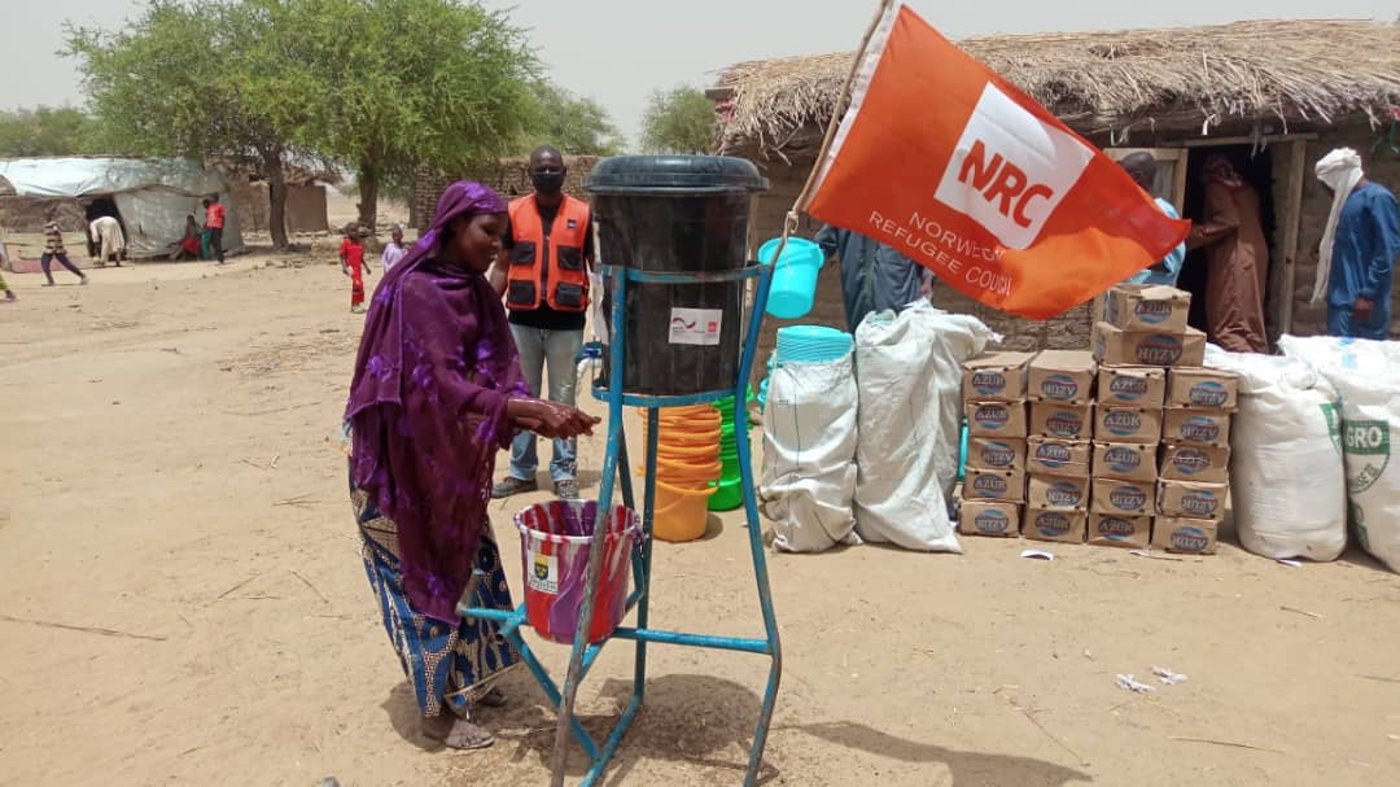“Thanks to the generosity of our partners, we are able to reach more of the world’s most vulnerable people,” says Jan Egeland, Secretary General of the Norwegian Refugee Council (NRC).
NRC has launched a fundraising campaign with the message: “Solidarity does not stop at our borders”. Donations will help us to scale up our work related to clean water, sanitation and hygiene facilities and disseminate information about coronavirus and how to prevent its spread.
According to Egeland, it is important to unite forces across sectors and work together as one team to meet the needs of displaced people worldwide during these extraordinarily challenging times.
“With the help of our partners, we can mitigate the spread and impact of the Covid-19 outbreak on displaced communities.”

Scale up and new solutions
NRC is receiving support from both new and long-term partners, in the form of grants, pro bono services and workplace giving programmes. Both established partners, such as Equinor, Pluralsight and Signe Marie Stiftelsen, and new partners Grundfos Foundation (Poul Due Jensen Foundation) and Telerivet have made contributions to our Covid-19 response.
“The magnitude of this crisis is hard to grasp. How it develops and what the consequences will be, is today impossible for anyone to see. We will follow the situation closely and assess how Equinor can contribute and support in the best way possible,” says Reidar Gjærum, SVP Corporate Communications, Equinor.
With the support of our corporate partners, we are able to scale up our work related to clean water, sanitation and hygiene facilities in refugee camps in countries such as Kenya, Iran and Nigeria.

Financial resources, technology and human capital
"We know NRC needs nimble financial capital so it can respond to the urgent and rapidly changing needs of the communities it supports while adapting its business to account for the health and safety of its teams and beneficiaries. Pluralsight One has prioritised the needs of those who are most vulnerable, and we are hard at work mobilising our financial resources, technology and human capital to support and power NRC's response," says Lindsey Kneuven, Chief Impact Officer, Pluralsight.
Kim Nøhr Skibsted, Executive Director of the Grundfos Foundation (Poul Due Jensen Foundation) and his company and colleagues are also committed to combatting the crisis.
“The Foundation’s wealth was earned in a global economy by hard-working Grundfos employees, and we find it only fair that some of that money goes to help the world’s most vulnerable people, especially those in refugee camps and host communities. We have already committed millions toward fighting Covid-19 in developing countries and I sincerely hope foundations and corporations all over the world will step up and do the same,” he says.

“We must act now”
Egeland calls for a global push to limit the spread of the virus and to ensure we can continue providing essential services during the crisis.
“The world is in crisis. Millions of people displaced by conflict live in overcrowded camps or slums, with extremely poor hygiene and sanitation facilities. When the virus strikes countries devastated by war and conflict, where hospitals have been bombed and the health system has collapsed, the consequences will be brutal, and we must act now. Therefore, I am pleased to see the massive mobilising from private sector,” says Egeland.


